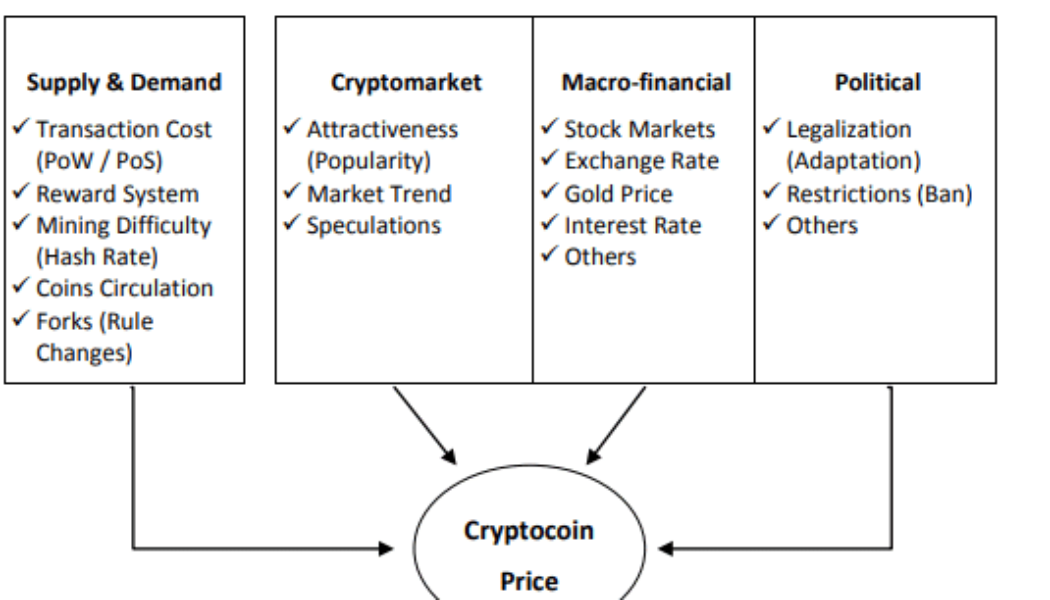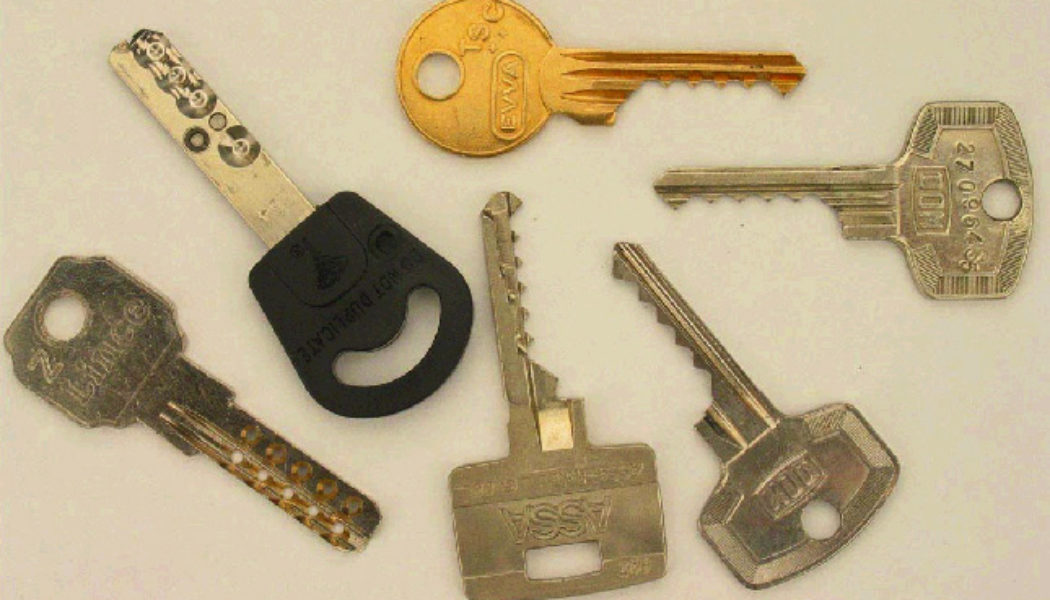technology
Celebrity tokens: Signs of rising crypto adoption in Indonesia
Cryptocurrency investments in Indonesia have seen considerable growth between 2020-2022, with 4% of the country’s population having invested in crypto. In 2021, crypto transaction volumes surpassed $34 billion, according to Indonesia’s Commodity Futures Trading Regulatory Agency. This growth has formed a new mindset toward crypto investment, especially in the mainstream media. One example of cryptocurrencies’ growing appeal in the mainstream is the participation of Indonesian celebrities and influencers. Crypto adoption among celebrities Celebrities and influencers in Indonesia seem to have become much more involved in Indonesia’s crypto investment industry since 2021. Many have become brand ambassadors for exchanges and crypto projects to help promote them and essentially raise the tradin...
Indonesia’s cryptocurrency community in 2022: An overview
Crypto is the next big thing in Indonesia. According to the Ministry of Trade, transactions for currencies like Bitcoin (BTC) grew over 14 times from a total of 60 trillion rupiahs ($4.1 billion) in 2020 to a total of 859 trillion rupiahs ($59.83 billion) in 2021. It’s getting to the point where crypto is becoming more popular than traditional stock. Vice Minister of Trade Jerry Sambuaga stated that more than 11 million Indonesians bought or sold crypto in 2021. In comparison, according to the Indonesian Central Securities Depository, the total number of portfolio investors — indicated by the number of single investor identities — reached 7.35 million in 2021. Even so, 11 million crypto investors is still only about 4% of Indonesia’s total population, meaning there’s still plenty of room t...
What the Global Oil Crisis Means for Africa
We use cookies on our website to give you the most relevant experience by remembering your preferences and repeat visits. By clicking “Accept All”, you consent to the use of ALL the cookies. However, you may visit “Cookie Settings” to provide a controlled consent.
Seven common mistakes crypto investors and traders make
Investing in cryptocurrencies and digital assets is now easier than ever before. Online brokers, centralized exchanges and even decentralized exchanges give investors the flexibility to buy and sell tokens without going through a traditional financial institution and the hefty fees and commissions that come along with them. Cryptocurrencies were designed to operate in a decentralized manner. This means that while they’re an innovative avenue for global peer-to-peer value transfers, there are no trusted authorities involved that can guarantee the security of your assets. Your losses are your responsibility once you take your digital assets into custody. Here we’ll explore some of the more common mistakes that cryptocurrency investors and traders make and how you can protect yourself from un...
Is China’s apprehension to ban NFTs a hopeful sign for investors?
It’s no secret that China has a clear disdain for all things crypto, as was highlighted last year when the country decided to ban its digital asset industry in its entirety. That said, one niche related to the crypto industry that has continued to thrive in the region despite the ban is its nonfungible token (NFT) market. However, with certain negative developments coming to the forefront recently, this may not be the case much longer. In this regard, many local social media platforms and internet firms have continued to update their policies so as to restrict and, in some cases, remove NFT platforms altogether from their networks, claiming a lack of regulatory clarity but, more importantly, fearing a government clampdown on their day-to-day operations. For example, WeChat, a Chinese insta...
From taxes to electricity, blockchain adoption is growing in Austria
Austria has been actively transforming into an attractive location for providers of blockchain-based products, with the government itself experimenting with the technology and trying to create a legal basis upon which companies can use it. With regard to blockchain-based applications in the economy, however, Austria is still in the experimental phase, with most firms still running pilot projects. Still, politicians and economists alike see potential for select industries. Public administration reform via blockchain The Austrian government is quite open to blockchain innovations, cryptocurrencies aside, and has supported various projects in the public and private sectors. In 2019, a consortium of public administration institutions founded the Austrian Public Service Blockchain (APSB)....























